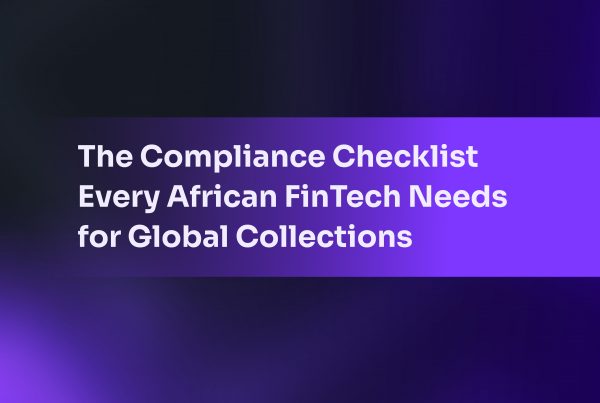Fintechs have to look for banks who can help them scale across borders easier and also with compliance.
With financial services in emerging economies of Africa continuing to bypass traditional banking processes for more tech-enabled solutions, the number of companies in the financial technology sector has continued to grow. More fintech companies aim to scale across the continent for more reach and success.
Scaling, however, is not easy and requires a lot of partnerships and collaboration with other sectors, including the traditional banks to whom they could pose a threat. Despite the talks of fintechs coming for banks, the need for partnerships between the two financial service sectors has since been established.
This collaboration between fintechs and banks was the theme of The Ecobank Fintech Breakfast Series which was held last month in Lagos.
Among the speakers at the series was Isaac Kamuta, Group Head, Payments Services, Cash Management & Client Access at Ecobank. Kamuta spoke on two key things fintechs should look out for before seeking partnerships with banks.
Scaling
Fintechs, like every other business in other sectors, often aspire to expand their operations beyond the country they first started. In Nigeria, for example, Paystack has expanded to Ghana, Flutterwave to South Africa, while Paga is another example.
Many others are still aspiring to expand, and Kamuta, in his session, advised fintechs to partner with banks with a broad reach that can help them while scaling operations across borders.
”At the end of the day, you want to scale. There is no point in having a business, and you want to have 100,00 customers.
”The reason Africa is considered a very attractive market is because of the billion-plus people that are in the continent and about 200m are in this country, and that's why you can have a fintech company having six million customers in Nigeria.
”Scale is very important, and you have to have that at the bank of your mind. When you get started, you want to acquire customers very quickly, but you also want to make sure that you take scale. So when you are looking at developing partnerships, you must have that end state in mind.
”If you are going to have an integration in every country that you go into, you are going to reduce your speed, you will struggle with your Go-To-market, and that can be a challenge. Choosing a partner that got scale across the African continent is critical.
Support with compliance
Despite the value that fintechs have delivered, they are still being constrained by many regulatory requirements that are applicable to traditional banks and financial institutions. These traditional banks are used to it and often well prepared for it.
Kamuta wants fintechs to work with banks that can help them with compliance issues.
”Part of the reasons fintech has been able to move very fast is that they are not as heavily regulated as the banks. Part of the reason why we are slow is because we are under huge scrutiny and there are a lot of resources dedicated to ensure that we comply. This is not just a Nigerian phenomenon or an African phenomenon; it's a global phenomenon. All banks globally are heavily regulated. Globally, banks are spending around $70m on just regulations.
”One bank has 30,000 compliance officers. The reason why we have all those compliance officers is to ensure that everything that we do operates within the law. But by partnering with fintechs, the banks ensure that you remain safe, you do things within the law, and that entails that you are able to scale very fast. In partnership with the bank, leveraging the investments on compliance officers is critical for fintech.




